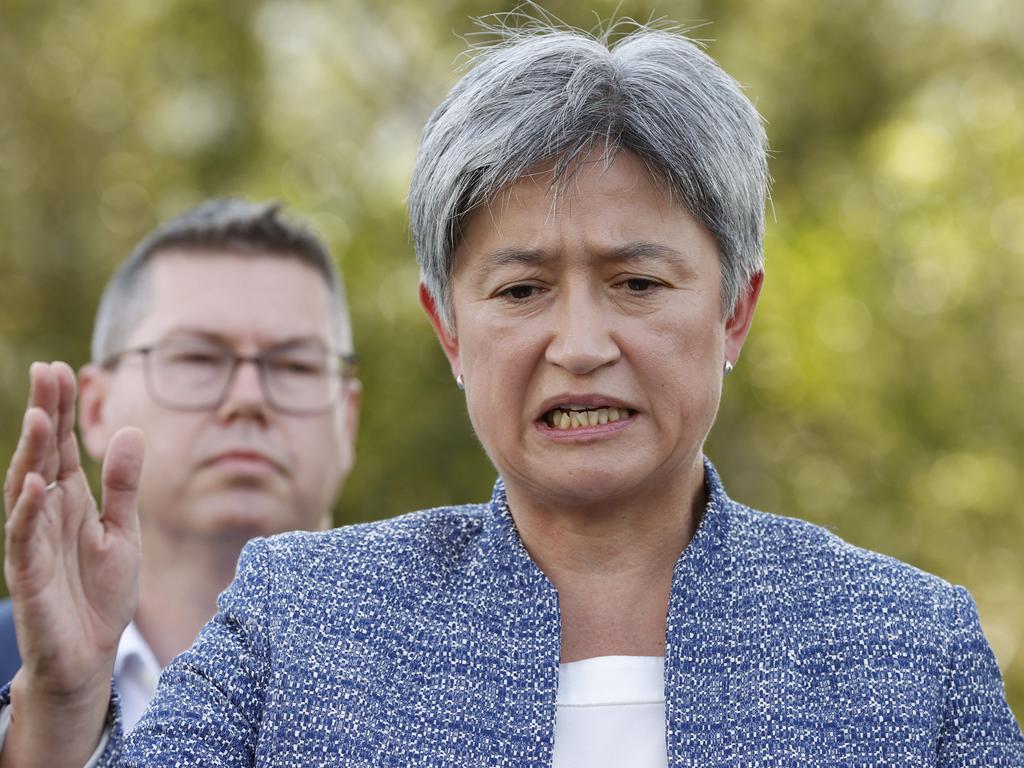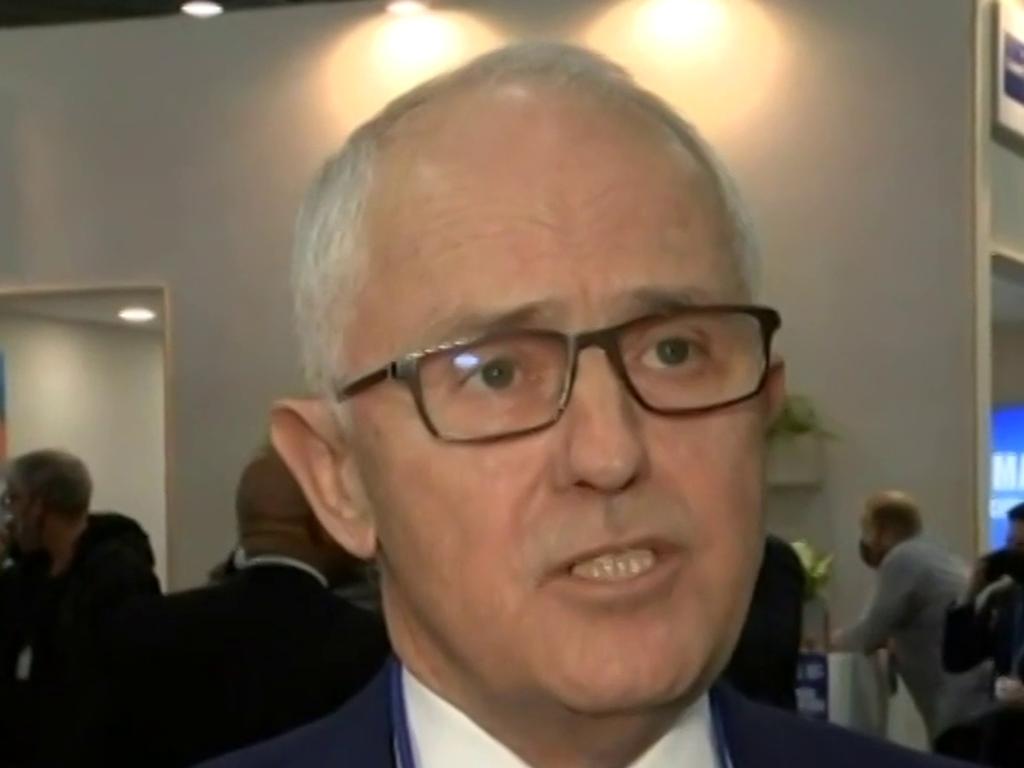Election 2022: Labor lays out strategy for the Pacific
Up to 3000 Pacific Islanders a year would be permanently settled in Australia under an Albanese government in a NZ-style lottery.

Up to 3000 Pacific Islanders a year would be permanently settled in Australia under an Albanese government in a New Zealand-style lottery aimed at outflanking Chinese influence in the region.
The permanent migration places for applicants aged 18-45 would be divided among Pacific nations as part of a long-term strategy to strengthen Australia’s “family ties” to the region.
As the Solomon Islands-China security deal continued to affect the federal election campaign, Labor vowed to boost foreign aid to the Pacific by $525m, make it easier to recruit Pacific farm workers, and pump Australian news coverage into the region under an $8m-a-year boost to the ABC’s international programming.
“Rather than just talking tough with no follow through, Labor will provide practical support for our neighbours to improve their security and protect their economies,” opposition foreign affairs spokeswoman Penny Wong said.
But Scott Morrison ridiculed the plan, saying Labor’s answer to the Solomons crisis was to “send in the ABC”. “I mean it’s farcical when their answer to solving the Solomon Islands program is to have Q&A in Honiara,” the Prime Minister told 2GB.
Mr Morrison, who warned this week that a Chinese base in Solomon Islands would be a “red line” for Australia, said no Australian government had “stood up more firmly to the Chinese government’s coercion” than his.
Labor’s Pacific policy would provide low-interest loans for clean energy and climate-safe infrastructure, strengthen defence ties and help them to tackle illegal fishing. It would also boost Pacific labour programs and carve out 3000 places from the permanent migration program each year for Pacific applicants.
In a clear reference to China, Senator Wong said “others simply cannot match” Australia’s cultural and family connections to the region. “Boosting the share of the permanent migration mix coming from the Pacific will deepen these family ties between Australia and the Pacific,” she said.
“We have a large and proud Pacific diaspora and we can harness those connections to build a stronger Pacific region.”
Foreign Minister Marise Payne said the battle for influence with China was not “a competition in dollar terms”.
“Australia would never be able to operate in that context,” she said. “What we do is work closely with our partners on their priorities and what is important to them to ensure that as we are delivering through the Pacific Step-up.”
Senator Payne rejected suggestions the Solomon Islands-China deal had exposed the Pacific Step-up as “a flop”, pointing to Prime Minister Manasseh Sogavare’s declarations he would not allow Chinese bases in the country.
“These are important assurances,” she said.
But the US Assistant Secretary of State for Pacific Affairs, Daniel Kritenbrink, said the Biden administration remained concerned at “the complete lack of transparency” around the agreement.
“I think it’s clear that only a handful of people in a very small circle have seen this agreement,” Mr Kritenbrink said.
“What precisely are the motivations behind it? What exactly are China’s objectives? I think they are completely unclear.”
Chinese Foreign Ministry spokesman Wang Wenbin said it was hypocritical for Australia and its allies to criticise China’s agreement with Solomon Islands given their own security arrangements.
“When will the US, the UK and Australia hand the AUKUS agreement to countries in the Pacific for deliberation, and when will the US shut down its 800 military bases in more than 80 countries and regions around the globe?” he said.








To join the conversation, please log in. Don't have an account? Register
Join the conversation, you are commenting as Logout